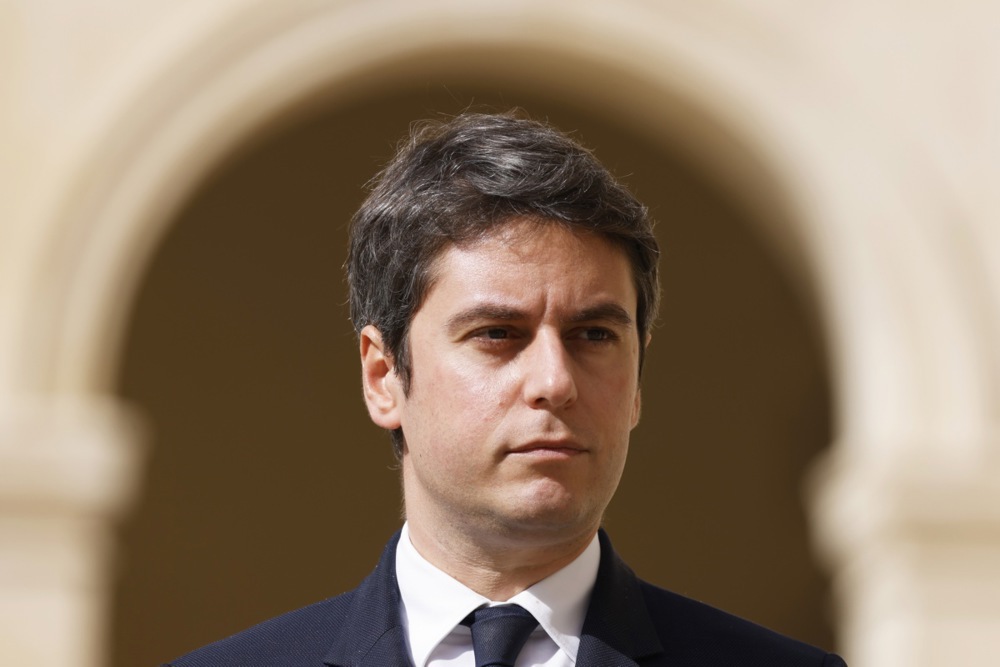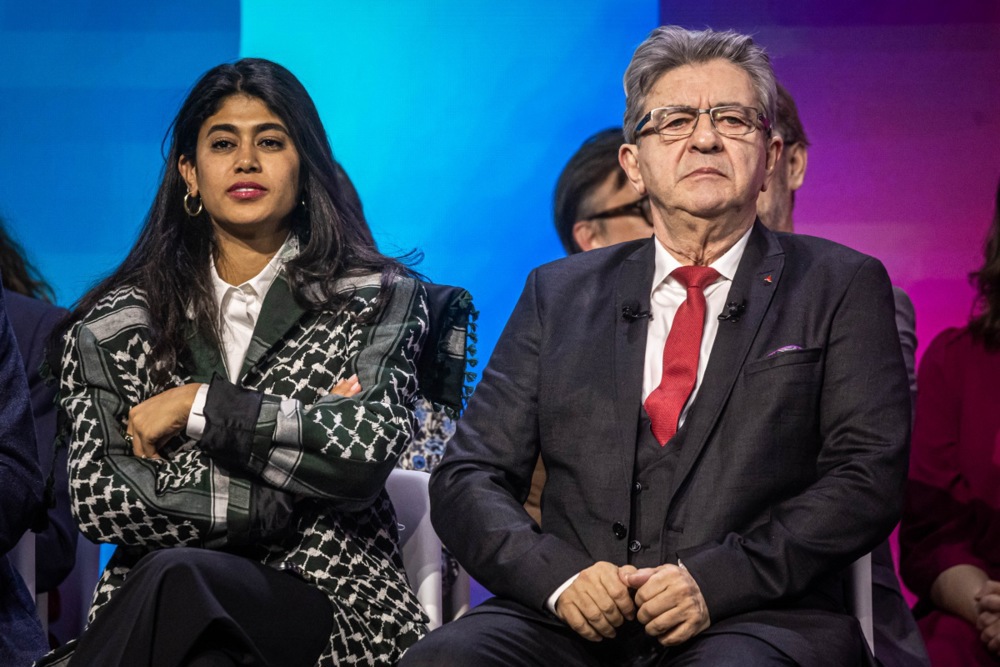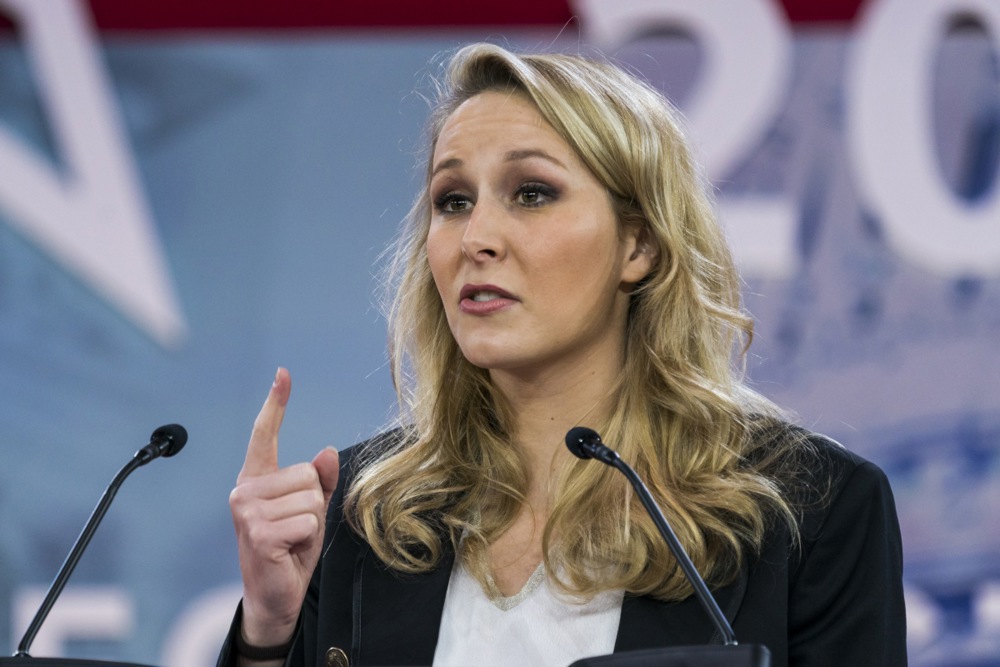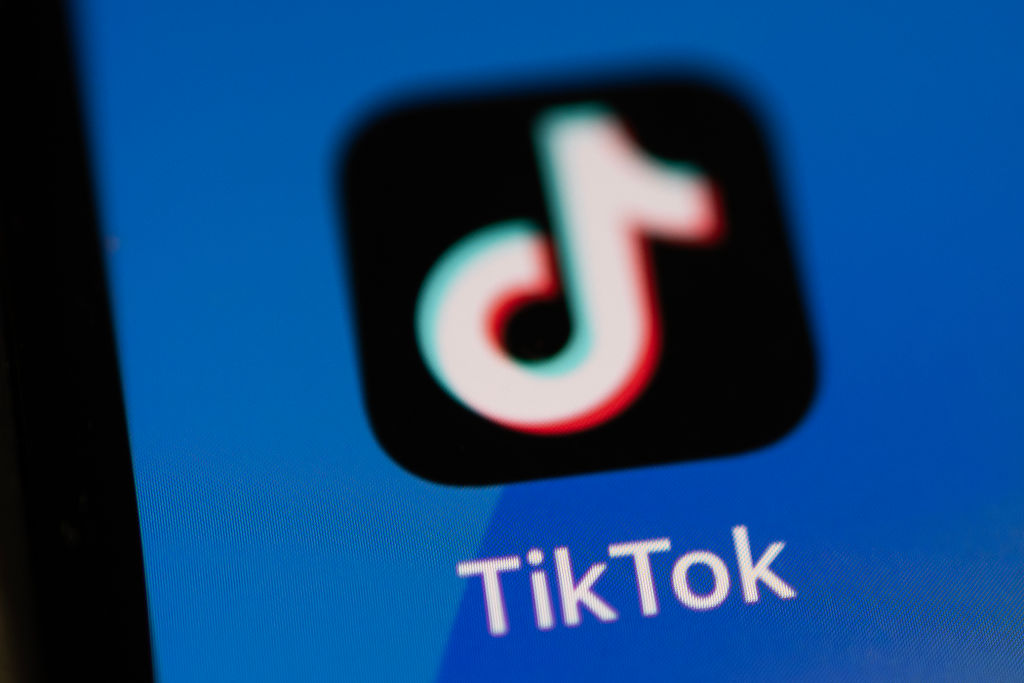Euro MP Nicolas Bay says he and his hard-right colleagues from France have remained immune to the reach-reduction phenomenon that has hit right-wing MEPs from other countries.
In an interview with Brussels Signal, Bay, a member of the French Reconquête party, said he has not experienced any reduction in so-called “reach” or the ability to connect with followers online, despite remarks on migration that are regarded as controversial by many across the political spectrum. On X, the phenomenon is known as “shadow-banning”.
During a parliamentary discussion on the EU Migration Pact, Bay strongly voiced disapproval of immigration into the EU.
“The migrants who flock to Europe’s gates are not refugees. They are not fleeing persecution or war,” he wrote on X.
“Immigration brings us poverty, delinquency, and sometimes even terrorism,” he wrote.
The remarks have however not negatively affected his social media reach.
“I haven’t been suffering from shadow-banning” he told Brussels Signal. When asked if any of his French Reconquête colleagues had suffered, he said: “Not as far as I’m aware”.
Les migrants qui se pressent aux portes de l’Europe ne sont pas des réfugiés. Ils ne fuient ni les persécutions, ni la guerre.
Ils viennent bénéficier de nos allocations et de notre générosité. L’immigration nous apporte la pauvreté, la délinquance et parfois même le terrorisme. pic.twitter.com/cj8aDNprFk
— Nicolas Bay (@NicolasBay_) July 12, 2023
One possible explanation for this immunity, he speculated, could be his self-restraint.
“This does not happen to me because I’m more careful on social media,” he said.
While he did not feel personally affected, the conservative politician acknowledged the shadow-banning “threat”, cautioning that it could “infringe” personal liberties.
“I am aware that there is a threat to individual freedom,” he remarked.
“We saw it in France with the AVIA law, which reduces digital freedoms,” he said, referring to proposed French hate-speech legislation severely amended after being ruled unconstitutional by the French Constitutional Council in 2020.
“The internet stands as a crucial space for Freedom, necessitating safeguarding; however, a concerning trend targeting freedoms is evident.”
Bay voiced concerns regarding what he termed the potential “privatisation of citizens’ rights”, cautioning that “public freedoms are now entrusted to private entities.”
“When there are large private operators like GAFAM [Google, Apple, Facebook, Amazon, Microsoft], who have the possibility [to operate] unilaterally without legal control … and without judicial control … public freedoms cease to exist and are bid to private companies,” he said.
Although shadow-banning appears less prevalent in France, is has severely hit Belgian hard-right politicians.
Earlier this year, Tom Van Grieken, the leader of the Flemish separatist party Vlaams Belang, accused X of limiting his social media presence. Speaking to Brussels Signal, Van Grieken alleged that the platform had obscured his account’s search visibility.
AfD politician Max Krah has suffered a severe loss of reach on China-owned TikTok: more than 80 per cent, he said, as the result of decision that he is appealing.
Elon Musk’s Twitter, now X, has been accused of limiting the visibility of a Twitter account, known as “shadow banning”, belonging to Tom Van Grieken, the leader of the Flemish separatist party Vlaams Belang. https://t.co/zt73YaRohK
— Brussels Signal (@brusselssignal) August 22, 2023





